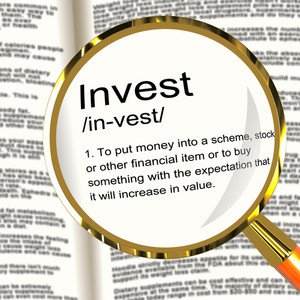
by Denis Bugeja | Apr 3, 2024 | blog, Investment, life insurance, tax
If you are an active investor, your investment holdings probably include many different asset classes. For many investors, diversification is a very important part of the wealth accumulation process to help manage risk and reduce volatility. Your investment portfolio...

by Denis Bugeja | Jan 3, 2024 | blog, Investment, retirees, Retirement, RRSP, Tax Free Savings Account
In bull markets, some investors develop unhealthy expectations as to the long term yields their investments should provide. Ten years ago, some came to accept returns as high as 15% to 20% per annum as the base return their fund and portfolio managers were expected to...

by Denis Bugeja | Apr 1, 2023 | blog, Investment, life insurance
The recent developments in investment markets and the volatile performance that has resulted have brought about a new appeal to an old workhorse. For investors looking for a diversification in their investment portfolio and a more tax-efficient fixed income investment...

by Denis Bugeja | Feb 1, 2022 | blog, Estate Planning, financial planning, Investment
Having Your Cake and Eating it Too: Seg Funds in an Uncertain Market Investing in an uncertain stock market is not for the faint of heart. However, fortunately for Canadians, Segregated Fund products offered by many life insurance companies provide a safety net for...





